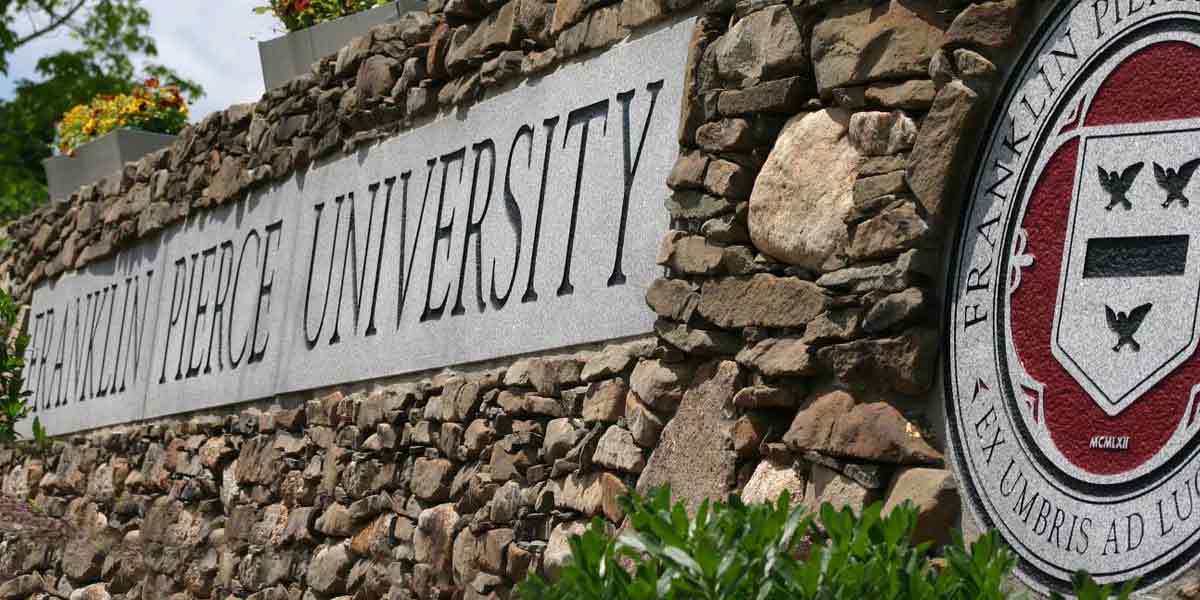Franklin Pierce University Receives National Science Foundation Grant
Jan 1, 2018

April 3, 2018

Franklin Pierce is pleased to announce the receipt of a National Science Foundation
(NSF) grant totaling $649,931 to promote increased academic success and job or graduate
school placement among academically talented low-income students pursuing baccalaureate
degrees in biology and environmental science over the next five years.
"This award is an important milestone for the University, which has received NSF funding
in the past, but not of this type or scope," noted Dr. Kim Mooney, President of Franklin
Pierce University. "The grant reflects an endorsement of the hard work and successes
of our science faculty and the potential of our very talented students," added President
Mooney. "It will help us in our ongoing efforts to better integrate educational experiences
in the classroom, in the lab, and in the field."
According to Dr. James DuMond, University Provost, a large portion of the NSF grant
will help the university offer scholarships to undergraduate students in the sciences.
"It will provide $424,000 in scholarships to academically qualified students in our
newly created, Biology and Environmental Science Training (BEST) Program," stated
DuMond.
The BEST program leverages more than 1,000 acres of undeveloped land on our 1,200-acre
campus as a living laboratory and springboard for launching students into meaningful
careers in biology and environmental science. Additional resources from the grant
will help the University use research data in new ways to measure and increase the
effectiveness of STEM education programs on the undergraduate level.
According to Rhine Singleton, professor of biology and environmental science, the
research results will be used to inform Franklin Pierce's curricular goals in biology
and environmental science programs. "Through publications, conference presentations,
and dedicated websites and social media accounts, Franklin Pierce will disseminate
program materials, resources, and research, informing the larger academic community
on what works in enhancing curricular and co-curricular offerings for academically
talented, financially needy students in biology and environmental science disciplines,"
he said.
Singleton, the principal investigator on the University's NSF grant application, said
the NSF funding will help students in the sciences explore professional opportunities.
"The grant also includes funding for enrichment for our students through field trips
and job-shadowing opportunities and attendance at professional conferences, and with
all of these, the faculty here will be mentoring students to achieve those goals and
also mentoring them with their careers."
According to Singleton, Franklin Pierce University's 1,200-acre campus provides faculty
and students with research opportunities that are unavailable at most colleges and
universities. "We have the luxury of being able to study a half-dozen kinds of ecosystems
in just a short walk from our science building. So instead of taking time to drive
to a field site during a lab, we can use that time to deliver content and do in-depth
research. It makes it super easy for students to get hands-on experience doing fieldwork--and
it has allowed us to set up research plots in the natural environment of campus that
our students have access to, just by walking to them."

